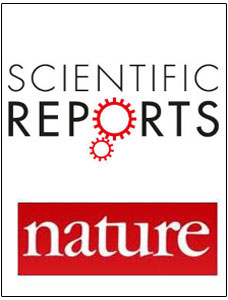
“Trans-resveratrol is a natural stilbenoid possessing multifarious pharmacological benefits; however, when orally consumed, it is rapidly metabolised by colonic microflora and converted to dihydro-resveratrol. Thus, this microbial metabolite is of great therapeutic relevance.
Trans-resveratrol (trans-3,5,4′-trihydroxystilbene) is a natural phenolic derivative of the stilbenoid family found in skins of red grapes, berries and peanuts. As a renowned antioxidant used in a number of preclinical and clinical studies, its remarkable antioxidant activities are often related to its nature as a potent Sirtuin1 activator.
Aside from being detected as a colonic metabolite of trans-resveratrol, dihydro-resveratrol is indeed produced by a number of plant species including Orchidaceae and Cannabis sativa L. as a phytoalexin against abiotic and biotic stress factors.
In the present study, we aimed to examine whether dihydro-resveratrol, as a remedial agent, attenuates oxidative damage in pancreatic tissues of rats with cerulein-induced acute pancreatitis and to delineate its underlying molecular actions.
Collectively, the current findings accentuate new mechanistic insight of dihydro-resveratrol in pancreatic oxidative damage, and advocate its therapeutic potential for the management of acute pancreatitis, particularly for patients unresponsive to trans-resveratrol due to the lack of proper microbial strains.
In conclusion, we suggest that dihydro-resveratrol may serve as a therapeutic or an adjuvant agent for the management of acute pancreatitis, in particular to patients who have microbial restriction in metabolizing trans-resveratrol and received unresponsiveness.”
